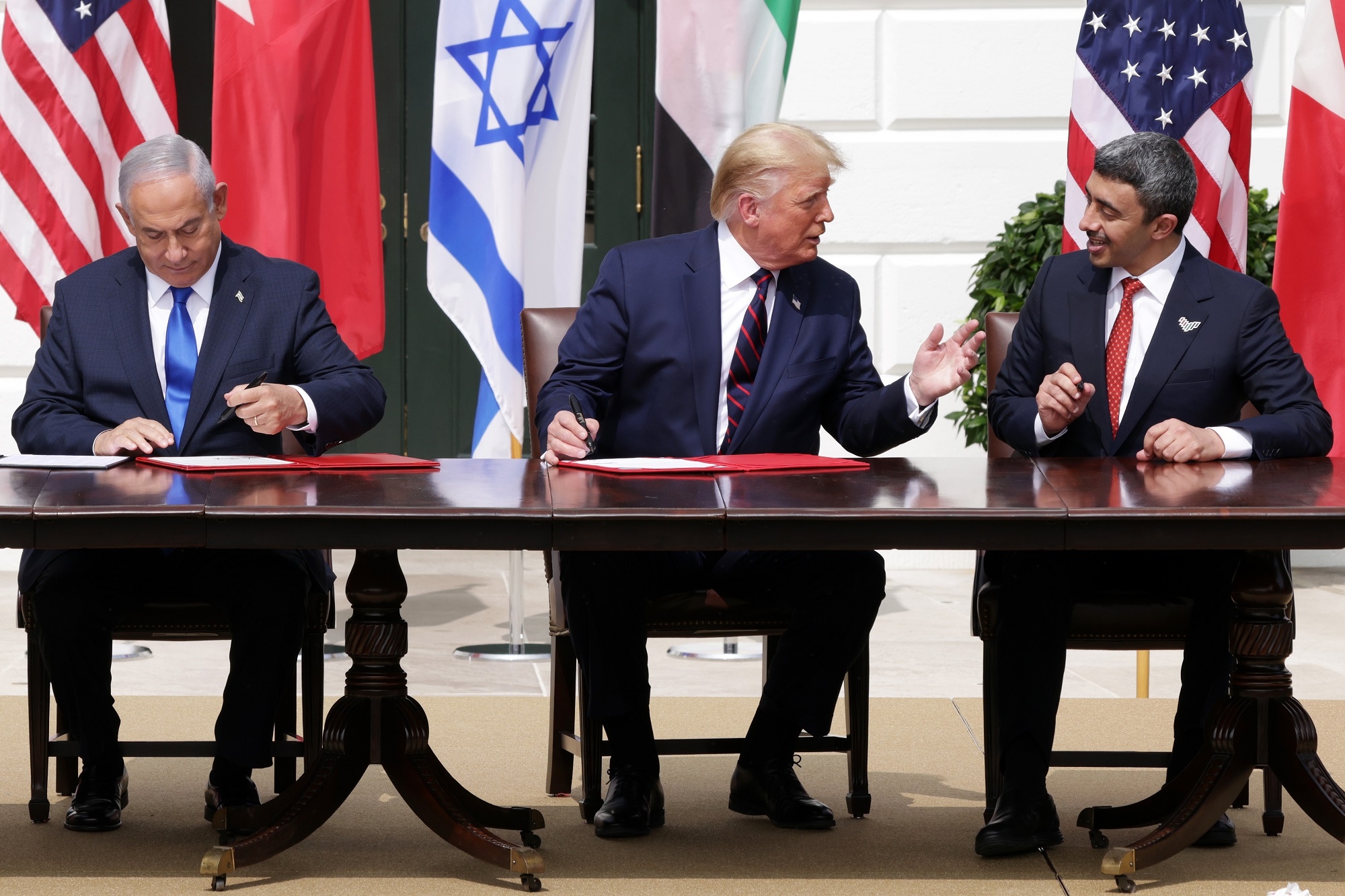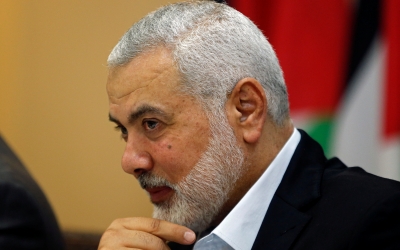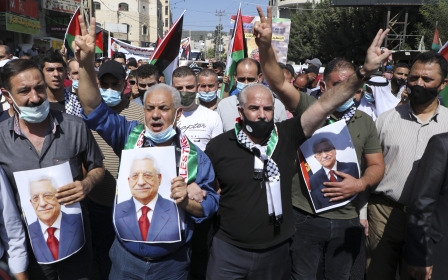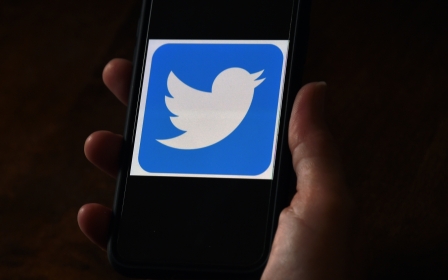Israel-UAE deal: Vast majority of Arabic social media posts on pact negative, says report

A study of Arabic-language social media conducted by Israel’s Ministry of Strategic Affairs estimated that 90 percent of posts regarding recent agreements formalising diplomatic relations between Israel, the United Arab Emirates and Bahrain reacted “negatively” to the development.
The UAE and Israel first announced that they were normalising relations in mid-August, with Bahrain following suit in September. The three countries officially signed normalisation agreements in Washington, DC on 15 September.
New MEE newsletter: Jerusalem Dispatch
Sign up to get the latest insights and analysis on Israel-Palestine, alongside Turkey Unpacked and other MEE newsletters
The Israeli Ministry of Strategic Affairs recommended that the Israeli government set up a communication campaign on social media to target audiences in Arab Gulf states and highlight “the benefits inherent for them in the normalisation process”.
The report had studied posts on social media platforms including Facebook, Twitter, Instagram and YouTube posted between 12 August and 12 September, a few days before signing the so-called Abraham Accord, according to Israeli news outlet Walla.
It said some of these posts were “part of an organised campaign”, claiming that the Palestinian Authority, the Palestinian Hamas movement, Iran, Lebanon's Hezbollah and pro-Palestine organisations had “encouraged much of this discourse”.
According to the report, only 10 percent of the posts showed a “positive” attitude, and their content contained words such as “peace". In comparison, 90 percent of the posts revealed a “negative” attitude toward the normalisation deal.
Almost 45 percent of the posts on social media platforms labelled it an Emirati “betrayal” of Palestinians and their cause, 27 percent opposed agreements between Israel and Arab states, 10 percent said that the agreements were “hypocritical” on the part of the UAE, and 5 percent viewed them as “surrendering to the United States”.
Over 100 million social media users have used hashtags such as "normalisation is a betrayal" and "Bahrainis are against normalisation," according to the report.
Of users who supported normalisation in their posts, 61 percent mentioned security as a decisive factor, and 33 percent cited economic investments and prosperity - while another 6 percent argued that the official agreements only formalised de facto normalisation which has existed for years.
Established in 2006, the Israeli Ministry of Strategic Affairs has targeted pro-Palestinian movements such as the Boycott, Divestment and Sanctions (BDS) movement, and other campaigns calling for an end to Israeli illegal settlement expansion in the occupied West Bank.
The current minister, Orit Farkash-Hacohen, has tasked her team with monitoring attitudes toward Israel on social media, according to Walla news.
The ministry aims to increase positive discourse on Israel on social networks and mobilise positive public opinion towards Israel in Arab and Gulf countries.
Middle East Eye delivers independent and unrivalled coverage and analysis of the Middle East, North Africa and beyond. To learn more about republishing this content and the associated fees, please fill out this form. More about MEE can be found here.





